India in a changing global order
This speech was delivered at ‘Industry Meet 2018’, organised by the Indian Institute of Management, Indore, in collaboration with the Ministry of External Affairs, Government of India, on 7 July 2018
 Courtesy: IIM, Indore
Courtesy: IIM, Indore
This speech was delivered at ‘Industry Meet 2018’, organised by the Indian Institute of Management, Indore, in collaboration with the Ministry of External Affairs, Government of India, on 7 July 2018
 Courtesy: Caixin Global
Courtesy: Caixin Global
China’s foreign direct investment is shifting away from natural resources to high-tech areas, such as Artificial Intelligence and robotics. The scale of these acquisitions, along with questions about intellectual property and national security, are causing widespread concern in the West
Our Fellow for National Security Studies, Sameer Patil, was mentioned and quoted in a write-up on his most recent article on China’s increasing influence in Ladakh. Read the full article here.
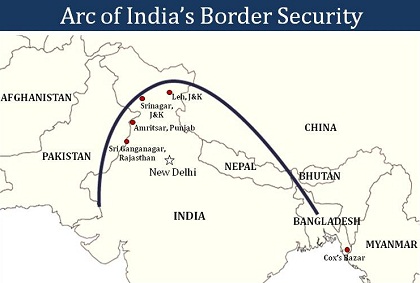 Courtesy: Gateway House
Courtesy: Gateway House
Border regions and communities, some of them far from the heartland, constitute India’s first line of defence, a critical link in its national security. India’s 15,000-km borders touch seven neighbouring countries: Afghanistan (abutting Gilgit), Pakistan, Nepal, Bhutan, China, Bangladesh, Myanmar. Border regions have their own local dynamics, often shaped by subnational and religious identities that do not necessarily align neatly with political borders. Some also serve as flourishing corridors for illegal smuggling of goods and humans. Technology plays an important role in better protecting borders, but in some cases it has made borders obsolete. Despite their importance, border regions do not receive the full attention of the Indian mainstream, except when border tensions arise.
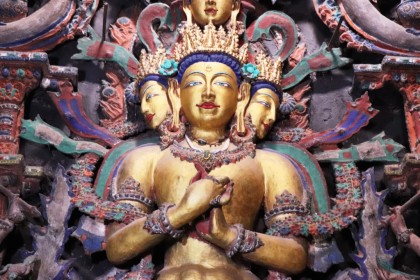 Courtesy: Sameer Patil
Courtesy: Sameer Patil
With India distracted in the Kashmir Valley, the critical border region of Ladakh has become a target of Chinese attention. Beijing appears to be exploiting Buddhist sectarian rivalries as it did in Tibet
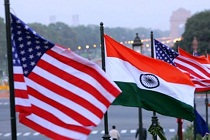 Courtesy:
Courtesy:
An article written for our website by our co-founder and Director, Amb. Neelam Deo, analyzing the recent Trump-Kim summit in Singapore, was republished in the Washington D.C.-based publication, “India America Today“. Read the republished piece here.
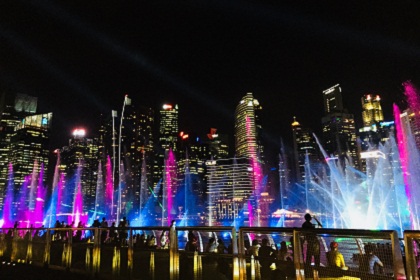 Courtesy: Preksha Dugar
Courtesy: Preksha Dugar
The $20 million price tag is a low-cost campaign fee for a country that’s transforming its branding from being “a little red dot” on the shopping map, to becoming a precisely and globally positioned summit state that counts
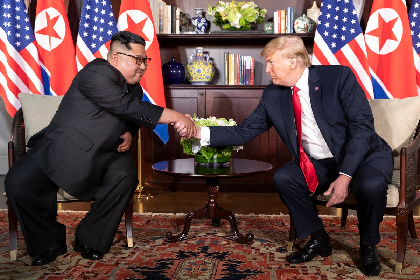 Courtesy: Wikimedia
Courtesy: Wikimedia
The June 12 summit was characterised by give-and-take as opposed to the one-way approach practised by earlier U.S. administrations. All countries welcomed the agreement and there is hope that this realism will enable the United States to address other contentious issues too
 Courtesy:
Courtesy:
Our Defense expert, Sameer Patil, was quoted in Anadolu Agency, in an article analysing cautious approach to changes in India-China bilateral ties. Read the full article here.
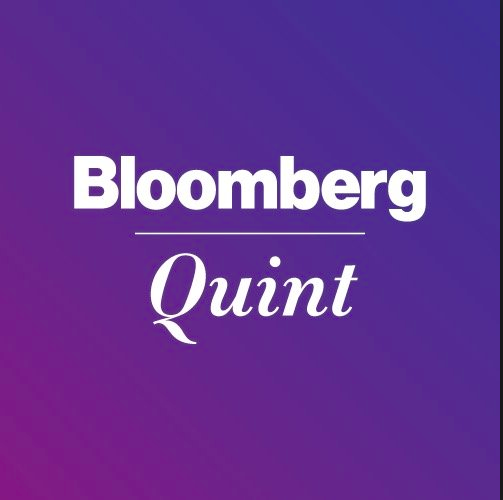 Courtesy:
Courtesy:
Ambassador Neelam Deo was on BloombergQuint ‘Power Lunch’ and ‘Primetime Debate’ to discuss the historic Trump-Kim Summit. BloombergQuint, Primetime Debate (links here and here), Monday 11/6 BloombergQuint, Power Lunch, Tuesday 12/6 (and here in print)